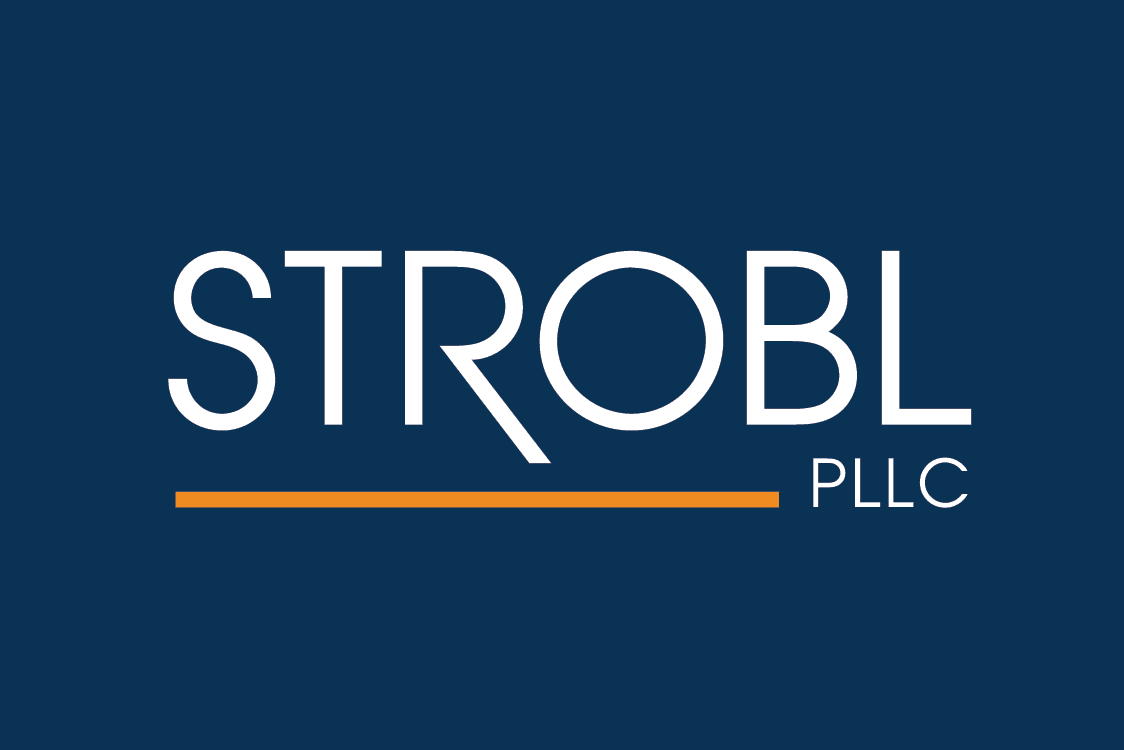Many small businesses start off as great ideas but due to lack of funds never see the ideas come to fruition. Fortunately, there are ways small business owners may seek out investors to help fund their idea and get the business off the ground.
A confidential Private Placement, or offering, Memorandum (a “PPM”) is one of the many ways a small business can raise capital. A PPM provides protection for small businesses conducting an offering because it allows the company to lay out the associated risks versus word-of-mouth or a summarized one-page business plan.
The SEC has carved out an exception for this type of capital raising. Rule 506(b) of Regulation D is a “safe harbor” provision. Companies conducting an offering under this safe harbor rule can raise an unlimited amount of capital while selling securities to an unlimited number of accredited investors. An accredited investor is an individual or a business entity, that because of their financial status, can invest in securities that may not be registered with financial authorities. An accredited investor is an individual with an annual income exceeding $200,000 ($300,000 for joint income) for the last two years with the expectation of earning the same or a higher income in the current year. An individual may also be considered an accredited investor if they have a net worth exceeding $1 million, either individually or jointly with their spouse. An entity is considered an accredited investor if it has assets exceeding $5 million or, if its equity owners are accredited investors, the entity itself is considered an accredited investor. Rule 506(b) also allows the sale of these securities to up to 35 non-accredited investors. These non-accredited investors must meet the legal standard of having sufficient knowledge and experience in financial and business matters to be capable of evaluating the merits and risks of the prospective investment.
A PPM should disclose the business plan and risks to potential investors as well as include the necessary documents for becoming an informed investor. An investor should be explicitly made aware that the securities offered in are restricted. Therefore, a PPM needs to adequately detail the risks associated. A PPM should also include a subscription agreement. A subscription agreement is a type of investor questionnaire where the investor certifies that they are accredited, and if not accredited that they have the investment experience required. The subscription agreement also details the contribution that the investor is making and in turn is the membership contract. A PPM should also include the preferred benefits or status of an investor with an attached Operating Agreement, or other organizational document, that provides for these benefits.
If done correctly, PPMs are a very helpful tool for small businesses to use. Small businesses should consult with counsel to ensure they meet all of the proper requirements in order to afford the small business with the most protection.
Strobl is a team of experienced and trust lawyers that can advise on all small business legal matters. For more information, visit Strobl online at strobllaw.com or on LinkedIn.


